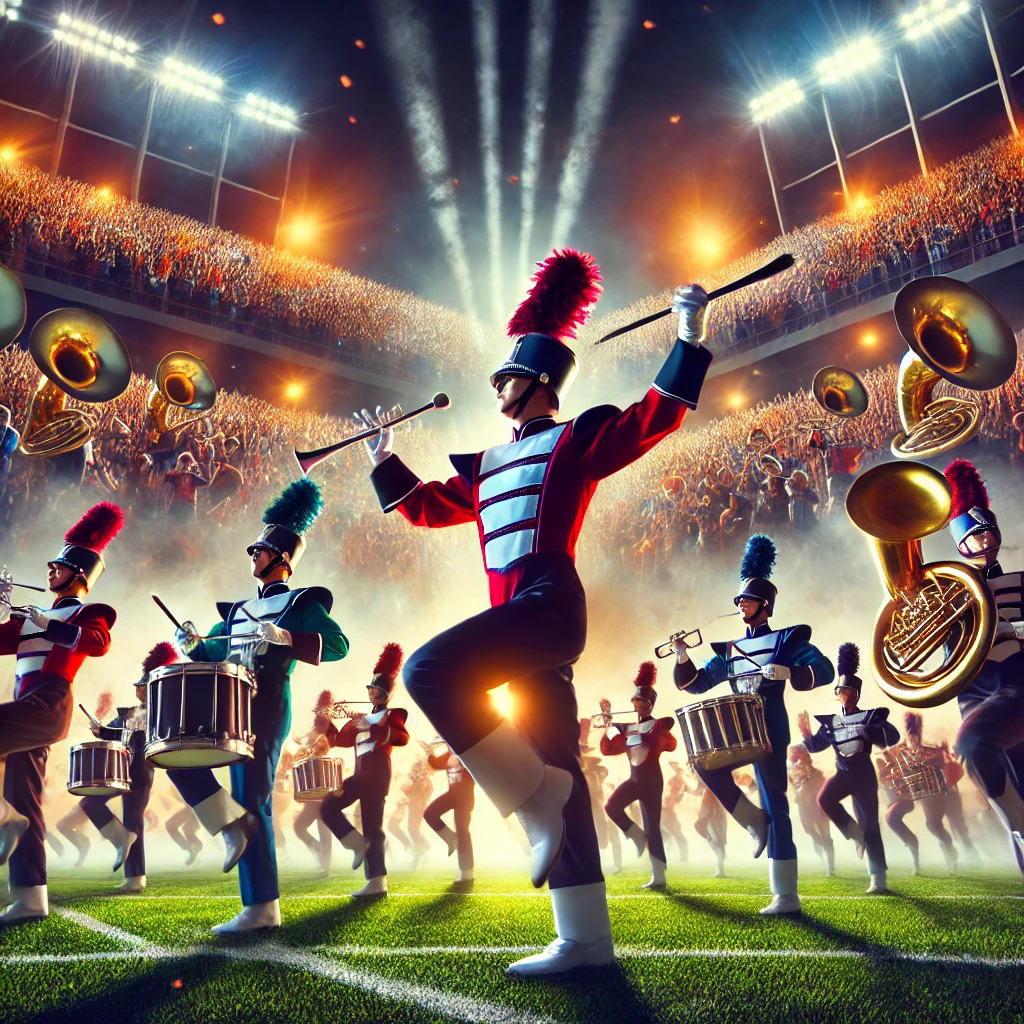Introduction
Marching band is often associated with halftime performances, parades, and school spirit. But is it a sport? This question has sparked a heated debate among musicians, athletes, and spectators alike. While traditional sports like football, basketball, and soccer dominate conversations about athleticism, marching band demands physical endurance, teamwork, and intense training. In this article, we’ll explore whether marching band qualifies as a sport by examining its physical demands, competitive nature, and skill requirements.
Defining a Sport: What Are the Criteria?
To determine whether marching band is a sport, we must first define what constitutes a sport. Generally, a sport involves:
- Physical exertion – Athletes engage in rigorous activities requiring strength, stamina, and coordination.
- Competition – Sports typically include structured competitions with scoring and rankings.
- Rules and regulations – Every sport follows a set of standardized rules.
- Teamwork and strategy – Many sports require players to work together with a common goal.
Now, let’s see how marching band fits into these criteria.
The Physical Demands of Marching Band
Intense Physical Activity
Many people underestimate the level of physical exertion involved in marching band. Members often march long distances while carrying heavy instruments, maintaining posture, and executing complex formations. The activity requires:
- Cardiovascular endurance – Marching for extended periods while playing an instrument takes significant stamina.
- Strength and muscle control – Instruments like sousaphones, drums, and even trumpets require upper body strength.
- Coordination and balance – Musicians must move precisely while playing, often at high speeds.
A study conducted by the American College of Sports Medicine found that marching band members burn as many calories as athletes in traditional sports, proving its physically demanding nature.
The Competitive Side of Marching Band
Marching Band Competitions
Marching bands don’t just perform at games; they compete at regional, national, and even international levels. These competitions are judged based on:
- Precision and execution – Bands must synchronize their movements and music flawlessly.
- Musical quality – Judges assess tone, dynamics, and overall sound.
- Visual effects and formations – Choreography plays a crucial role in scoring.
Marching Band vs. Traditional Sports
Like sports teams, competitive marching bands practice for hours, often enduring grueling rehearsals in extreme weather. Many competitions have playoffs and championships, just like football or basketball, solidifying marching band’s competitive legitimacy.
Skill, Strategy, and Teamwork in Marching Band
Training and Preparation
Just like sports teams, marching bands undergo rigorous training that includes:
- Drills and conditioning – Rehearsing formations repeatedly to ensure precision.
- Mental focus – Memorizing complex music while executing intricate routines.
- Team synchronization – Every member must be in perfect unison for a successful performance.
The Role of Coaches and Leaders
Marching bands have directors, drum majors, and section leaders who act as coaches, guiding members through training, strategy, and performance execution—similar to sports teams.
Arguments Against Marching Band as a Sport
Despite the evidence supporting its physical and competitive nature, some argue that marching band is an art form rather than a sport. Critics claim that:
- It lacks direct competition – Unlike football or basketball, bands don’t compete head-to-head in real-time.
- Performance is subjective – Judges score performances based on interpretation, unlike clear-cut points in sports.
- It’s classified as an extracurricular activity – Most schools categorize marching band under arts programs, not athletics.
While these points are valid, they don’t negate the athletic elements involved in marching band.
Conclusion: Should Marching Band Be Considered a Sport?
So, is marching band a sport? The answer depends on how one defines a sport. Marching band meets many of the same criteria as traditional sports—physical endurance, competition, teamwork, and strategy—but its artistic component makes it unique. Whether classified as a sport or not, one thing is clear: marching band members are athletes in their own right, demonstrating remarkable discipline, stamina, and dedication.

Yara Bryant is a dedicated sports journalist with a knack for breaking down game strategies and delivering in-depth analysis. With a strong background in sports coverage, she specializes in football, basketball, and motorsports, bringing fans the latest news, insights, and predictions.


No responses yet